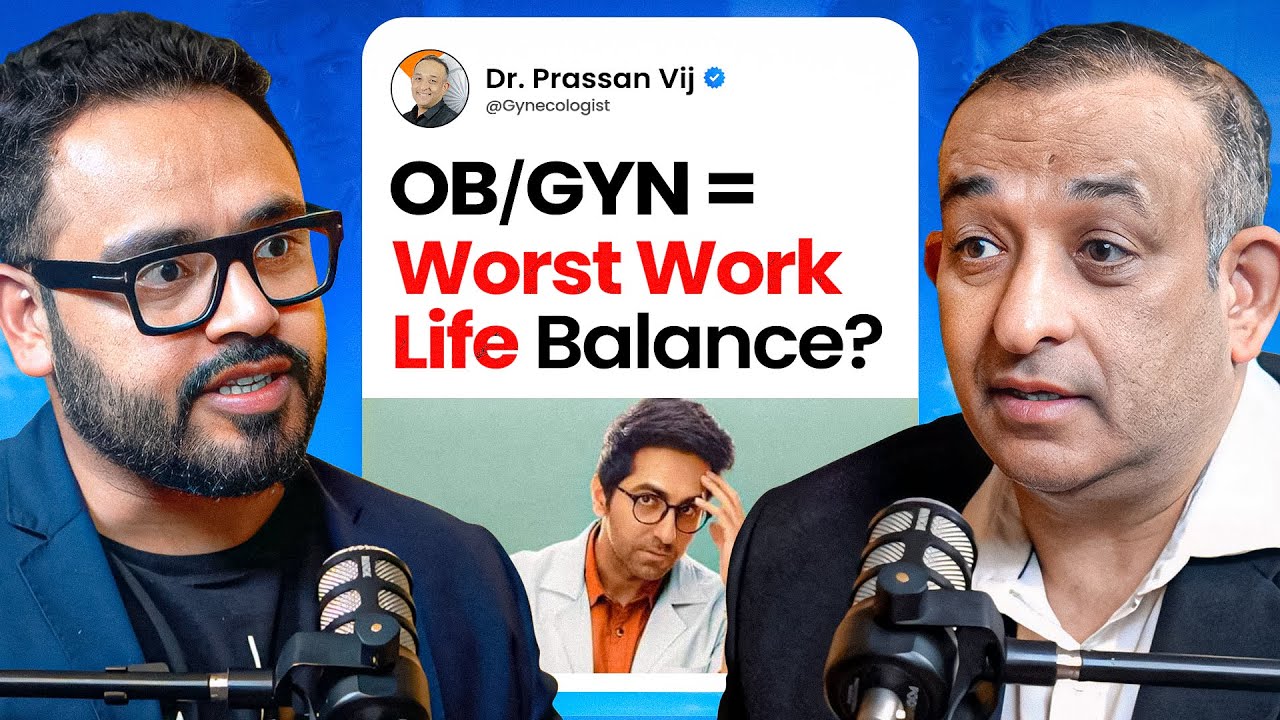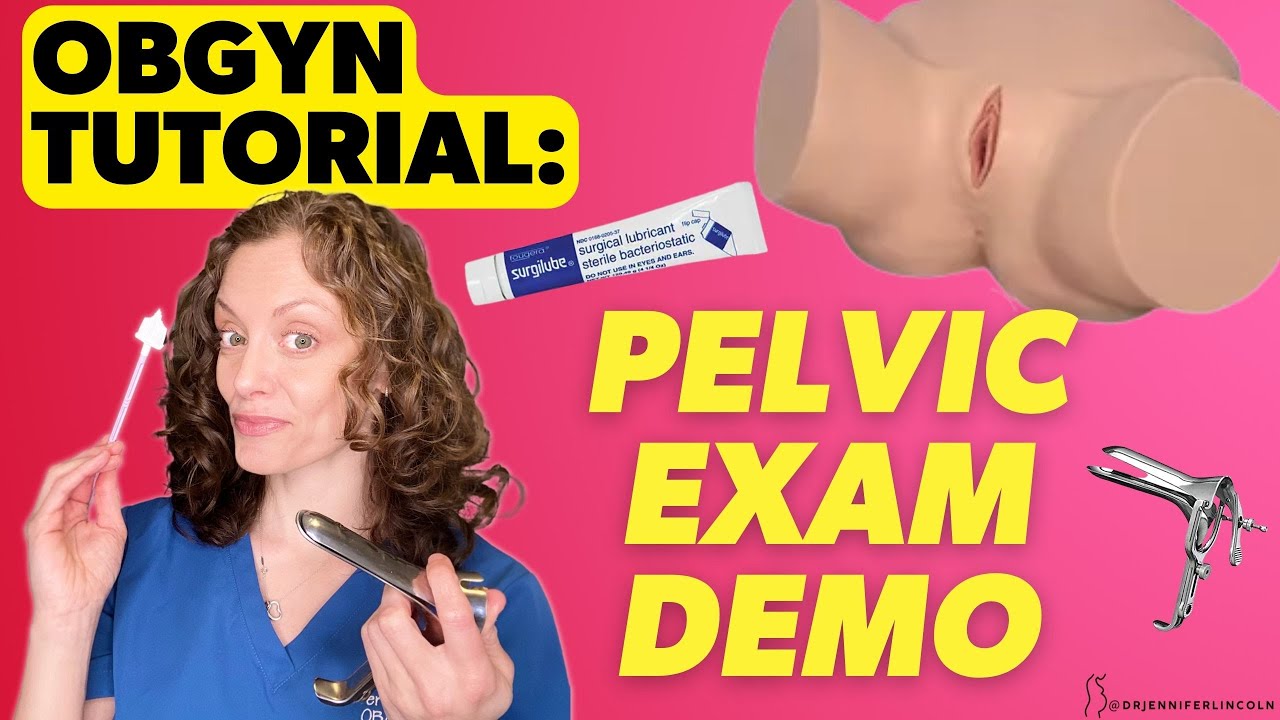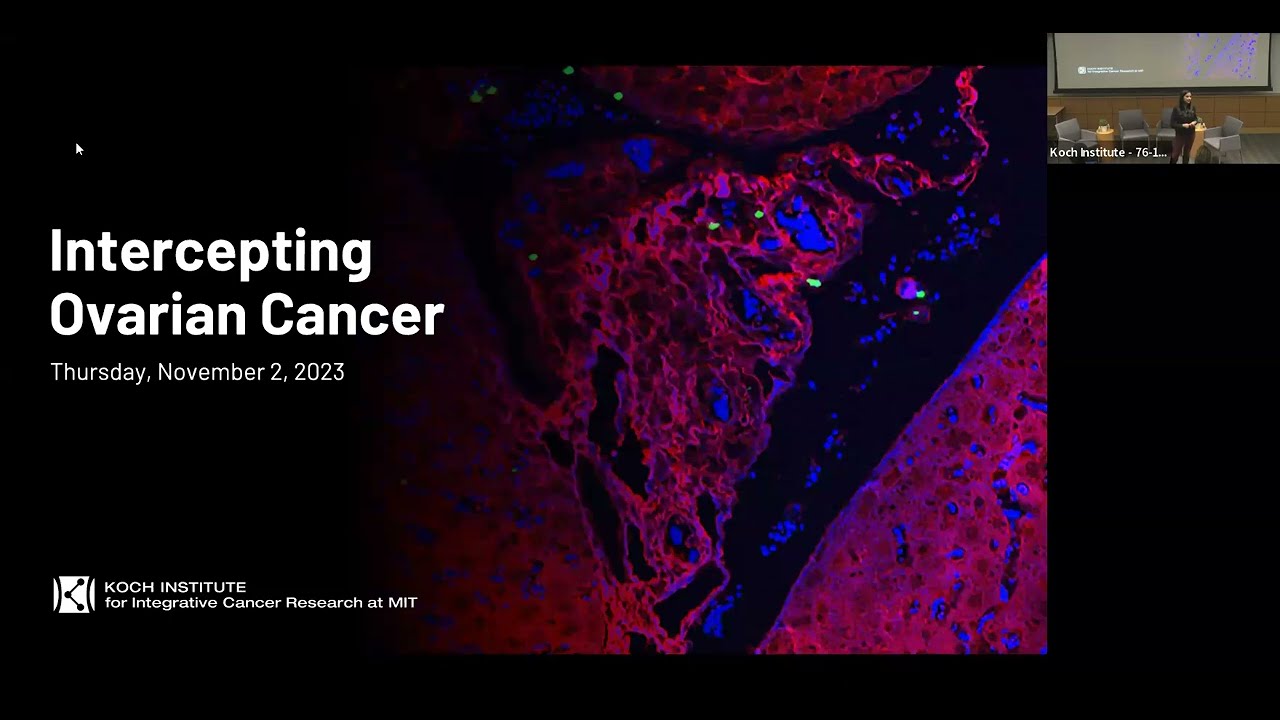The Ob/Gyn Channel
NEW YORK (Reuters Health) – Intravaginal progesterone is a valid alternative to intramuscular administration for luteal phase support in women undergoing in vitro fertilization, according to the results of a study reported in Fertility and Sterility online December 20.
“Further analysis using a prospective, randomized design to evaluate different P (progesterone) regimens in specific patient subgroups such as poor responders is certainly warranted,” conclude Dr. Kaylen M. Silverberg and colleagues with the Texas Fertility Center and Austin IVF.
They explain that luteal hormone support is almost universally provided in IVF, but intramuscular injections of progesterone in oil are often painful and inconvenient so various alternative preparations have been tried.
The current trial prospectively evaluated a vaginal gel, Crinone 8% (Watson Pharmaceuticals), compared with intramuscular progesterone (IMP) in 474 patients undergoing IVF. It started as a randomized trial but eventually patients were allowed to choose their form of progesterone; 172 received Crinone and 302 received IMP, the authors note.
Per patient, the number of oocytes retrieved, the number of embryos transferred, and the number of embryos cryopreserved were similar in the two arms, the report indicates. Overall, however, there were more live births in the Crinone group than the IMP group (51.7% vs 45.4%, p<0.05).
Noting that there have been reports that vaginal progesterone may be less effective in older women, Dr. Silverberg and colleagues stratified the patients in the study by age. They found the delivery rate among women aged 35 or younger to be higher with Crinone (65.7%) than IMP (51.1%), while the rate was similar in the two arms in older women (30.1% vs 36.8%; p=0.38).
“The present study is the first large prospective trial to demonstrate statistical superiority of vaginal P compared with IMP for luteal support in patients undergoing IVF,” the authors conclude.
SOURCE:
Vaginal (Crinone 8%) gel vs intramuscular progesterone in oil for luteal phase support in in vitro fertilization: a large prospective trial
Fertil Steril 2012.






